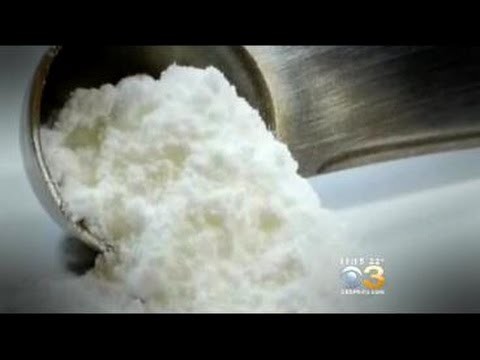A United States agency announced on September 1, Tuesday that it had zipped off warning letters to five manufacturers of powdered caffeine. Consumer advocates have been complaining to the Food and Drug Administration (FDA) about the pure form of the chemical substance, due to issues such as its unclear packaging, dosage sizes, and potency much higher than Starbucks coffee, Red Bull, and Coke that could be lethal.
One teaspoon is equal to about 28 cups of coffee, and one tablespoon could be deadly. Meanwhile, one 100-gram package contains the same amount of caffeine as 1,250 Red Bull cans, or 3,000 Coke cans.
The federal agency shared that the instant drink could be dangerous, and creates a risk of illness. It is difficult to measure out a safe dosage because it is a tiny amount, and the powder is packed in different densities.
A caffeine overdose can cause various medical conditions. They include rapid heartbeats, seizures, and death.
High doses of the stimulant were responsible for the recent deaths of two teenagers, according to Pioneer News.
The Center for Science in the Public Interest is a consumer advocacy group. It praised the FDA's warnings, but hoped that it would lead to a total ban of powdered caffeine.
It explained the packaging as just being a "zip-lock bag." The powerful product includes no childproof caps or warning labels like mild over-the-counter headache medicines.
Pure powdered caffeine was first sold about a decade ago. It was available on the Web and in tobacco shops.
Five companies received warning letters from the FDA and have 15 days to send a response, according to The New York Times. It is unclear how they will respond. They could shrink the package sizes, add a measuring tool, or stop production.
Bridge City Bulk was one letter recipient. It stated in an email that it had never received any complaints for its granulated caffeine products.
This video explains the effects of caffeine on human brains:



























